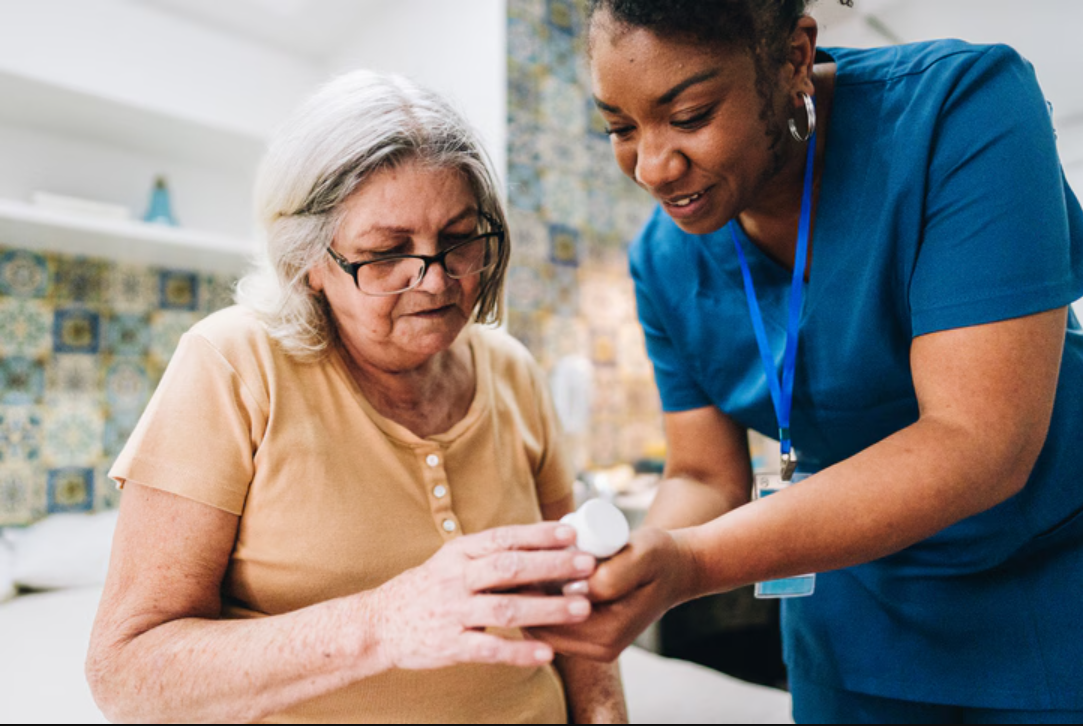Care.Com: OpusVi's Dawna Cato Discusses Home Health Aides
OpusVi Director of Nurse Residencies Dawna Cato, PhD recently discussed Home Health Aides with Nicole Fabian-Weber from Care.com.

What is a home health nurse?
A home health nurse is a licensed nurse who provides care for a person inside their home. They offer care to folks of all different ages for both acute and chronic issues.
“This type of nursing is designed to help individuals who need ongoing medical care but prefer to stay in a familiar environment rather than being hospitalized or staying in long-term care facilities,” explains Dawna Cato, a registered nurse and director of nurse residency programs at OpusVi.
What education is required to become a home health nurse?
In order to become a home health nurse, you need to complete one of the following educational requirements:
- Licensed practical nurse (LPN). LPNs usually complete a practical nursing program that’s 1-2 years.
- Licensed vocational nurse (LVP – California and Texas). This program is typically about one year.
- Registered nurse (RN). RNs typically need either an associate degree in Nursing (2-3 years) and a bachelor of science in nursing (four years).
“Individual state practice acts require that the LPN/LVN must work under the supervision of a registered nurse, advanced practice nurse or physician,” notes Cato, adding: “Registered nurses (RNs) can also become board certified as a Home Health Nursing Certification (RN-BC) through the American Nurses Credentialing Center (ANCC).”
To that point, Cato continues, LVNs/LPNs cannot perform the initial comprehensive assessment, as this is strictly an RN duty.
“While LPNs are valuable in home health, their ability to assess is typically restricted to focused, task-specific assessments,” she says. “Comprehensive initial assessments, ongoing evaluations that inform changes to care plans and any form of diagnostic assessment remain the responsibility of an RN or higher-level practitioner.”
“LPNs gather data, provide essential care and collaborate with RNs and other healthcare professionals to ensure the patient’s needs are met,” she says.
How to become a home health nurse
While the right degree and proper licensure is required to become a home health nurse, experience is key in this field — particularly since home health nurses are, essentially, alone.
“Home health nursing offers a unique and intimate perspective on patient care, as it involves providing medical services in a patient’s home,” Cato says. “Nurses should have one to two years of experience prior to working in a home health setting. Nurses must practice autonomously and have strong communication and critical thinking skills.”
The bottom line
Home health nursing is a rewarding field that comes with a number of benefits, according to Cato, including close relationships with patients, autonomy and flexibility and a relatively stable field. However, experience is important in this arena, so gaining time in a hospital or doctor’s office setting is advisable before heading down this path.
To read the full article, click here.

